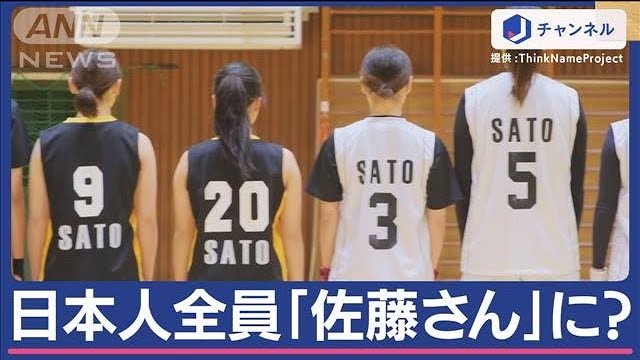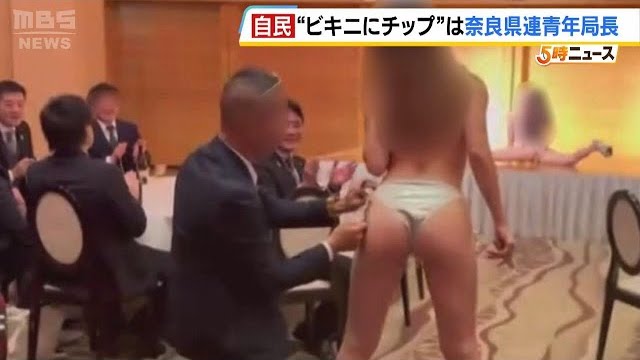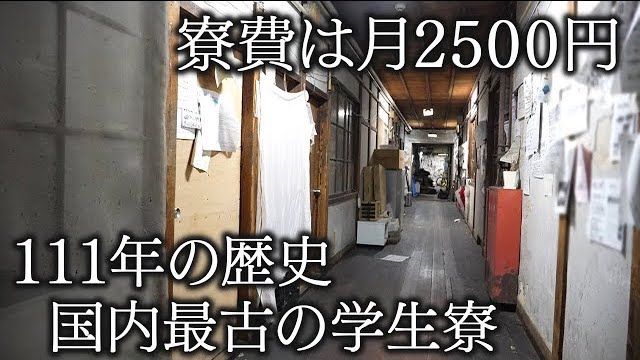Age of Samurai: Battle for Japan, a new historical documentary series on Netflix, is being billed as a “real-life Game of Thrones” but it’s much more than that.
This is actual history, which is far more compelling than fantasy because it really transpired. “It is like something out of a movie,” says showrunner Matt Booi. “If you wrote this down, no one would believe it. And if you saw it, I think you’d say, ‘Nah.’ But it happened.”
According to Booi, the show covers one of the most violent periods in Japanese history. The six-part series begins in 1551 with the death of feudal lord Oda Nobuhide and follows the rise of three of Japan’s most influential warriors: Nobuhide’s son, Oda Nobunaga (Masayoshi Haneda), Tokugawa Ieyasu (Hayate Masao), and Toyotomi Hideyoshi (Masami Kosaka). Japanese historians, as well as dedicated fans of Samurai movies, will be all too familiar with these three Samurai because their impact on Japan, and their consequential representation in Japanese media, is enormous.
“It’s something that a lot of people outside Japan don’t know a lot about,” Booi says. “They know the iconic sort of figure of the Samurais, but a lot of the minutiae was missing. Netflix understood, and so did we, that this was a great story that is going to resonate with a lot of people.”
Nobunaga, Ieyasu, and Hideyoshi lived during Japan’s sanguineous Sengoku period (1467-1615). Sengoku means “warring states.” It was a time when the country was ravaged by civil war, political intrigue, and upheaval. This period is the setting of almost every Samurai story. It was when these noble and brutal swordsmen were beginning to become eclipsed by firearms. “That’s what makes this era so poignant,” Booi explains, “We’re seeing the end of an era. It’s like the same way that guns ended the mounted knight in Europe.”
Booi understands why Age of Samurai: Battle for Japan is being compared to one of the biggest TV series of the last decade, too. “The Game of Thrones reference is a nod to the political maneuvering that is happening on the political landscape at this time. It’s a chessboard that these certain players are moving key pieces to try and control it all. It really is about an attempt by a handful of people to gain control over a fractured nation.” Like Game of Thrones, the Sengoku period is an epic saga, full of tales of honor, ruthlessness, and betrayal. It is one of the most colorful eras of Japanese history.
And that color is red – blood red.










